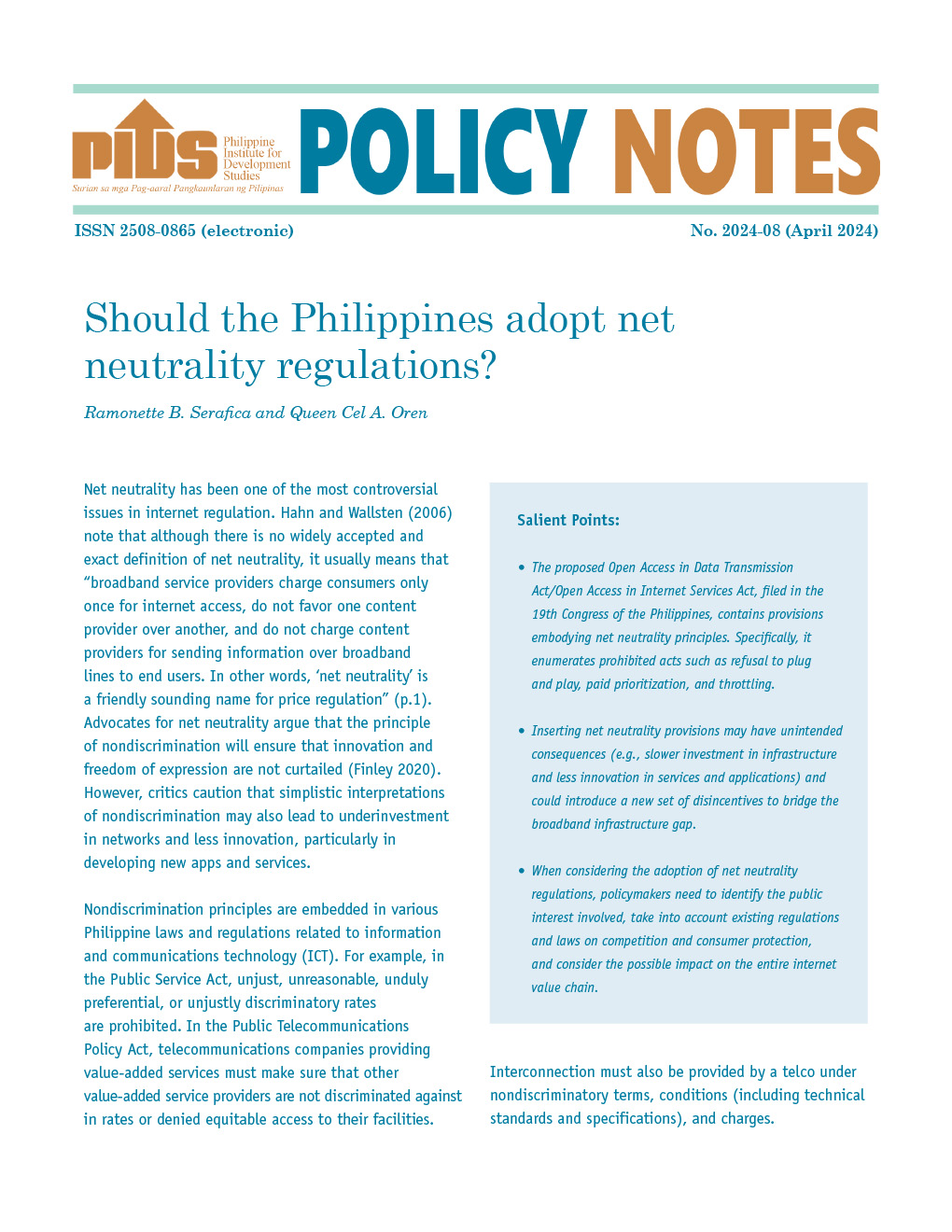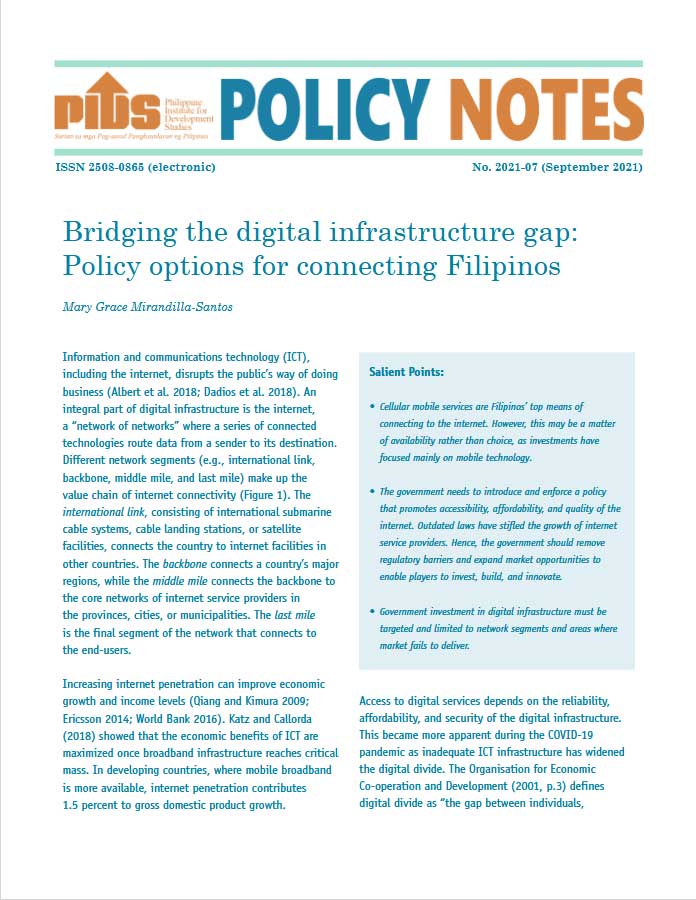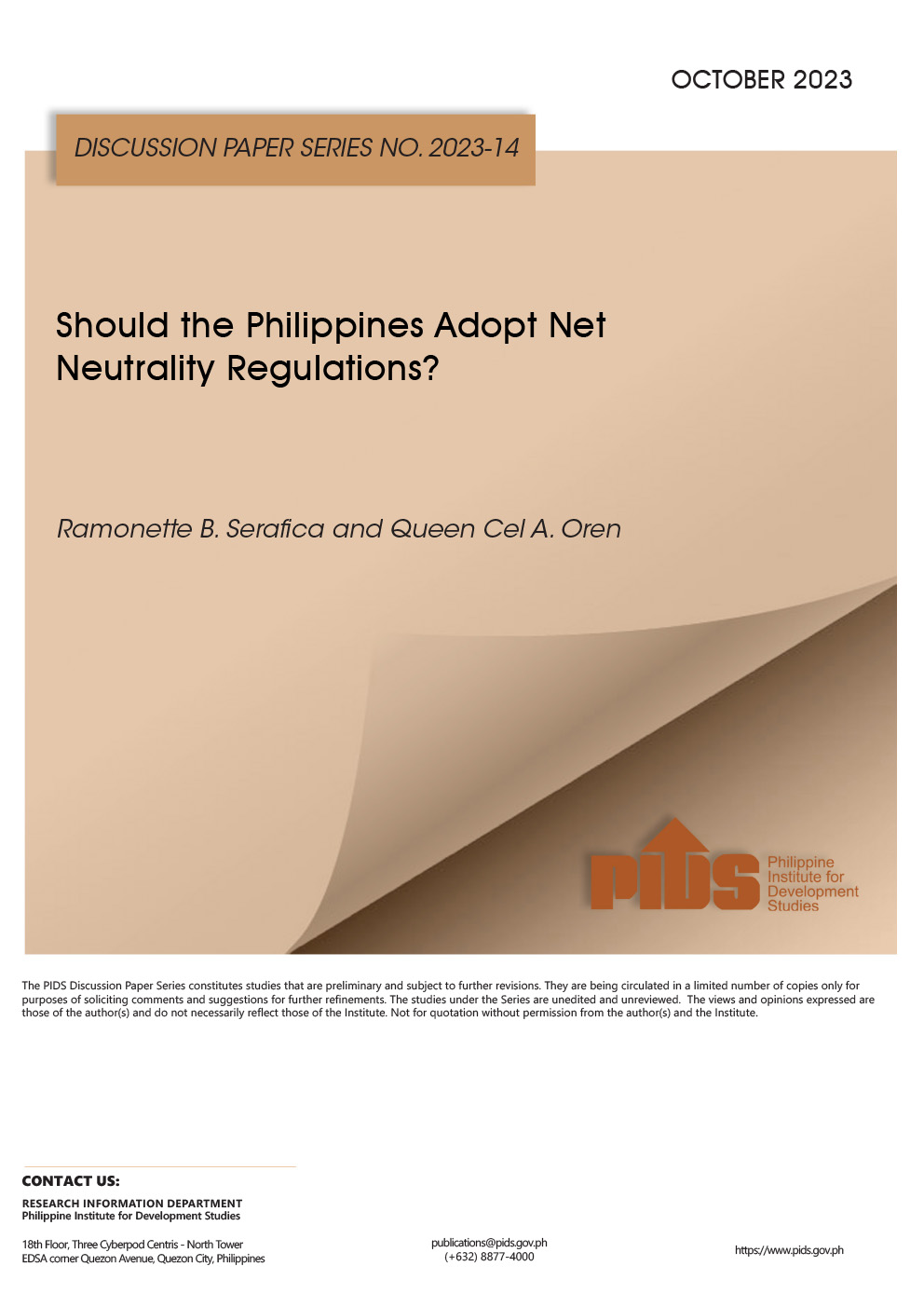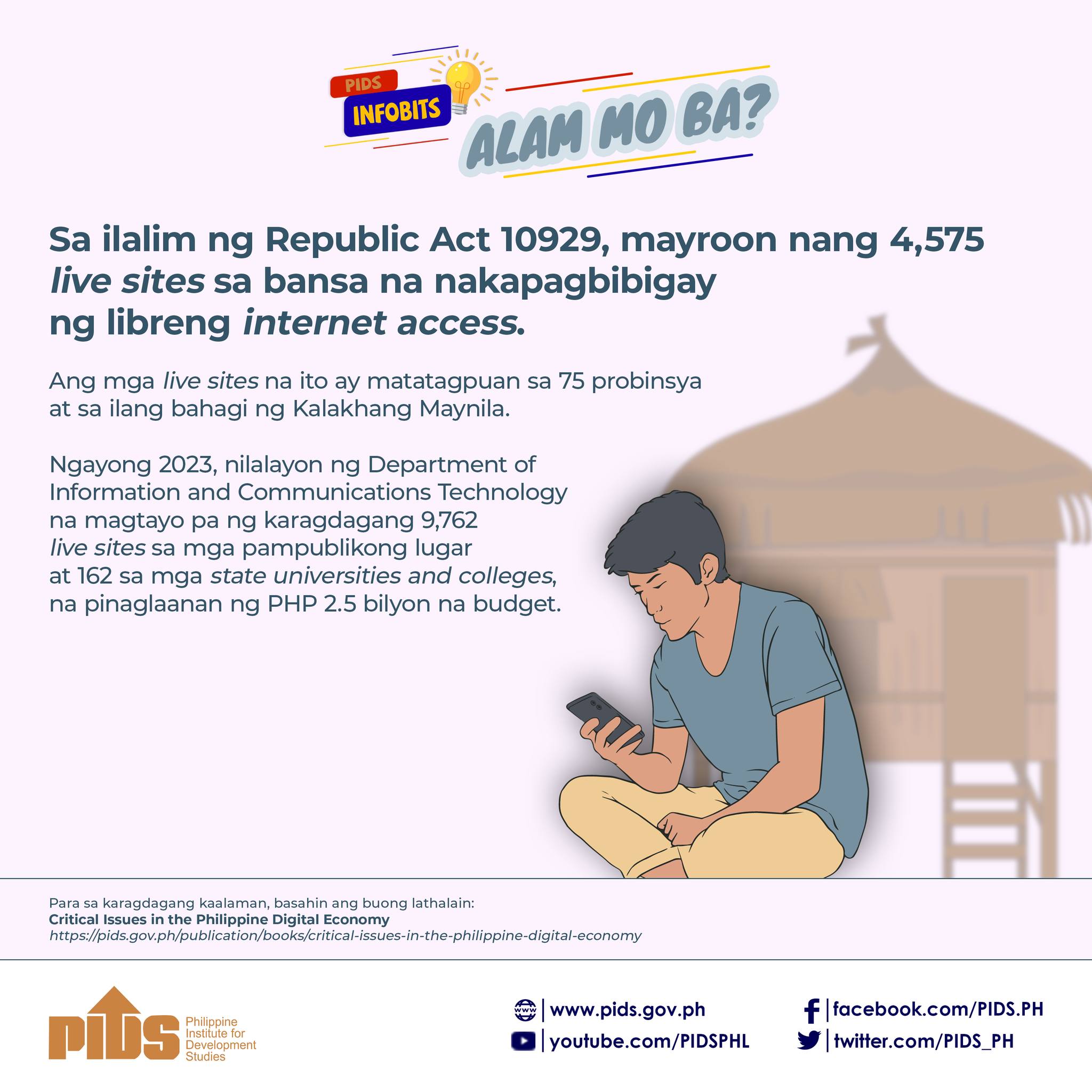Net neutrality is a contentious issue in internet regulation, looking at nondiscrimination and pricing policy. It espouses the idea that broadband service providers should charge consumers only once for internet access, not favor one content provider over another, and not charge content providers for sending information over broadband lines to end users. Advocates argue that this fosters innovation and protects freedom of expression, while critics warn that it could stifle investment and innovation. This paper examines the advantages and disadvantages of adopting net neutrality principles in the proposed Open Access in Data Transmission Act. While net neutrality can address legal obstacles, infrastructure gaps, and network discrimination, its unintended impacts on investment and innovation remain ambiguous. Thus, policymakers are advised to identify the public interest at stake, consider existing competition regulations and consumer protection laws, and assess possible impacts on the internet value chain. Also recommended is the elimination of barriers to entry and other restrictions within the internet access connectivity segment of the internet value chain.













